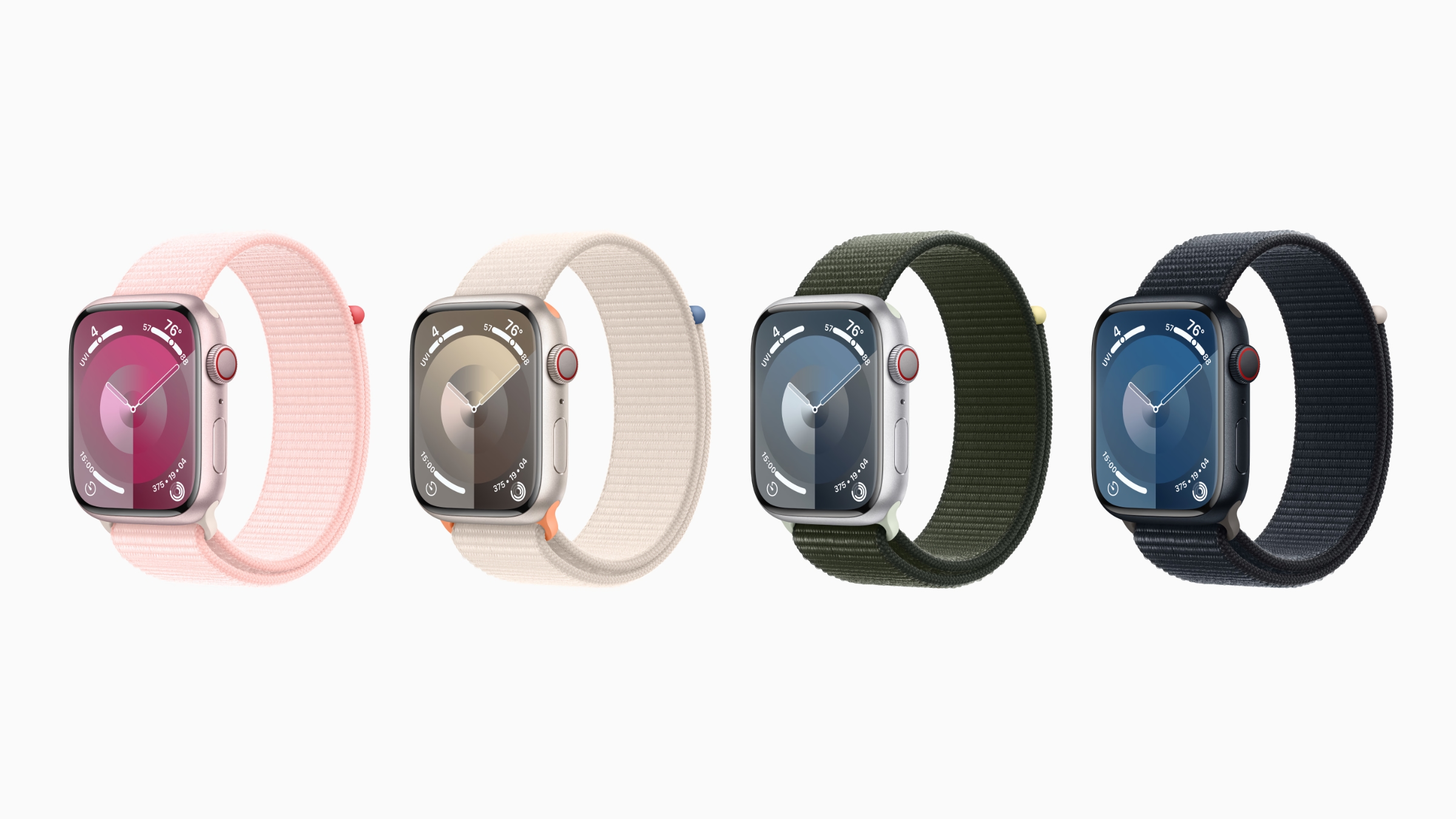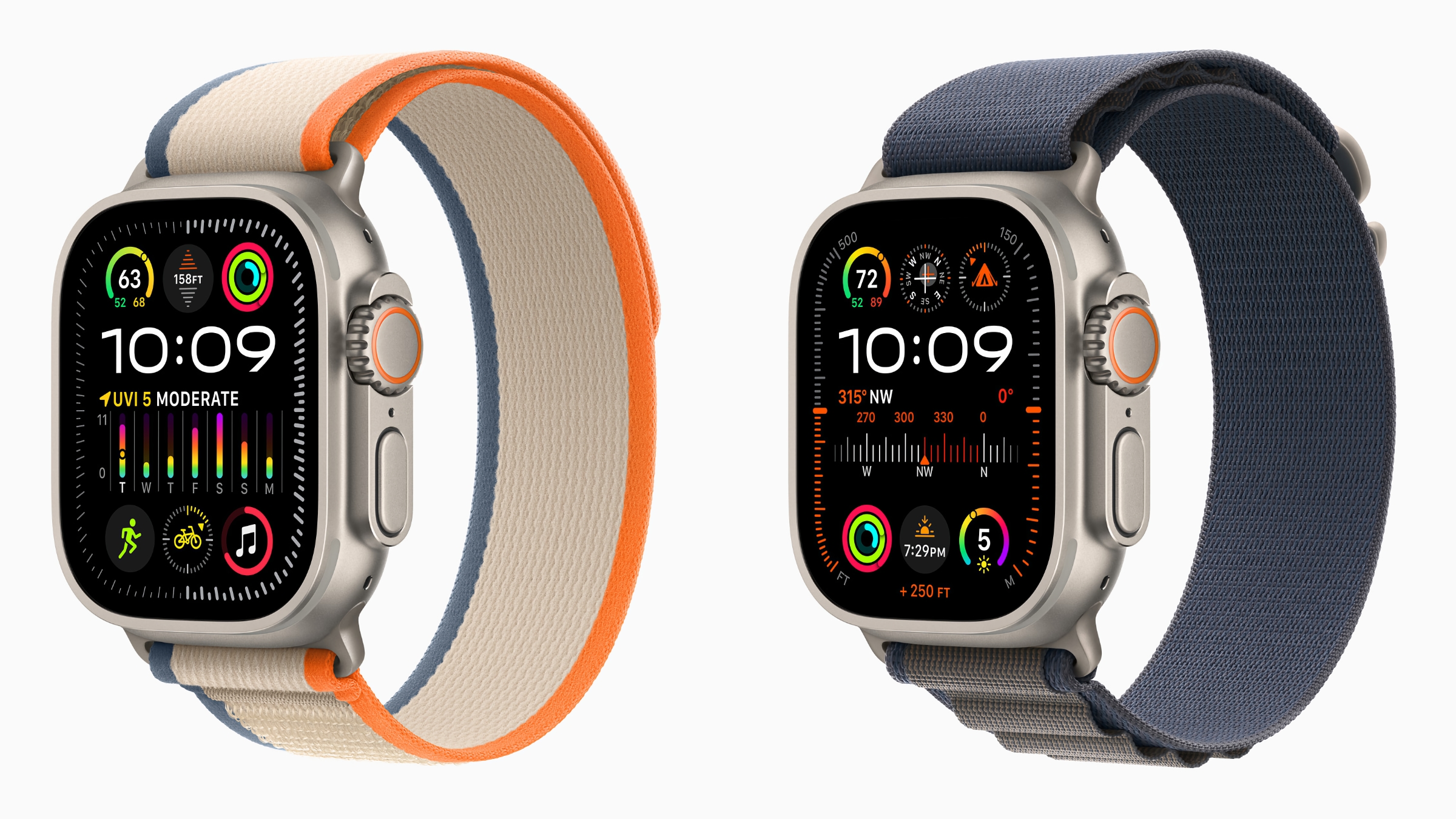In the nearly ten years since Apple first unveiled the Apple Watch, it’s become clear that the product excels at being a health and fitness accessory. Apple has added new health sensors over the years and is rumored to be working on more, and every watchOS release seemingly adds new health features on the software side.
And yet, a decade in, it’s worth considering that maybe the Apple Watch can’t carry the full load of Apple’s health ambitions. It may be time for other accessories–some already in existence, others yet to be devised–to join the Apple Watch in a larger family of health-related Apple products.
All in the wrist
Let’s start with the obvious: the Apple Watch, as capable as it is, must live on your wrist. It’s attached to an area just a little larger than a postage stamp, and from the skin on the back of your wrist (and the movement of your arms) it must learn everything it needs to know about your health trends.
It can measure your body temperature, pulse, your blood oxygen (unless it can’t for legal reasons), but the company has been thus far stymied with attempts to get it to measure your blood sugar and blood pressure. It’s actually a miracle the thing does anything useful at all, given the limited space available in a single location.

Its placement on the wrist limits the Apple Watch’s capabilities.
Petter Ahrnstedt
Apple’s ambitions for the Apple Watch continue unabated. This fall, watchOS 11 will introduce the Vitals app, which compiles health data recorded overnight to give you a snapshot of what you’re doing in the morning.
Yes, just as with the watch’s sleep-tracking features, Apple really wants you to wear your watch all night to get a better glimpse of your health. Charge it… when you’re in the shower, I guess? At least, until there’s a shower-related health feature.
The requirement to wear your watch all night to get actionable health data is, quite frankly, a deal-breaker for me–and I suspect I’m not alone. I like to wear my watch in contexts when it’s appropriate to wear a watch. At night, I put the watch in my charger and use NightStand mode as my alarm clock. That’s it.
If Apple is dedicated to health and fitness as differentiators–and it is–the Apple Watch is going to need some help. Apple needs to make other health devices and allow them to feed data back to the watch (or iPhone) in order for it to achieve its goals.
Look and listen
The first step is to make Apple’s other existing wearable products more health-oriented. For a few years now, we’ve seen reports that Apple is considering some intriguing additions to the AirPods line that would make them much more than headphones. Of course, the ability to use them as hearing aids seems like a natural, especially since recent regulatory changes will make that much easier for Apple in the U.S.
But there’s also the fact that AirPods live on a different part of your body than the Apple Watch: In your ear canal. As many parents already know, the ear is a fantastic place to measure body temperature, and it may be a superior place to measure other vitals as well.
That’s why it seems only logical that Apple expands AirPods to add health sensors, feeding them back to the Watch and iPhone. Maybe a more accurate temperature reading would allow Apple to add more capabilities to its body temperature functionality than the current basic cycle tracking feature.
Ring of truth
But there are new categories to explore, as well. A few companies, most notably Oura and recently Samsung, have experimented with smart rings. If you don’t know, they’re metal rings–indistinguishable from regular ones–that are laden with health sensors, with weeklong battery life.

A smartring like Oura could be a key tool in gathering the data Apple needs to provide useful health features.
Dominik Tomaszewski / Foundry
A ring doesn’t have an OLED screen or any user interface, but it also doesn’t get in your way like an Apple Watch does–either while sleeping or while navigating just when to charge it in order to keep it going for another day. A ring can measure your heart rate, blood oxygen, and (via an accelerometer) your sleep status just as well as an Apple Watch–and it’s more likely to be worn all the time, day and night.
Apple has built an entire infrastructure around its health data. With sleep tracking and the Vitals app, it’s committing to measuring health data around the clock. I love my Apple Watch, but it’s starting to feel like this is just too much for a single device. (I’d also love to see the company make a more basic fitness band, for those who don’t want to wear a full Apple Watch.)
It’s time for Apple to expand its health hardware, and adding sensors to the AirPods and offering a ring seem like good starts. When Apple introduced the watch a decade ago, it wasn’t sure what the product would be good for–but over the years, it’s become clear that health and fitness are answers. Now it’s time to take the next step and follow those answers to a new set of Apple hardware products.
Apple Watch Series 9

Apple Watch Ultra 2




